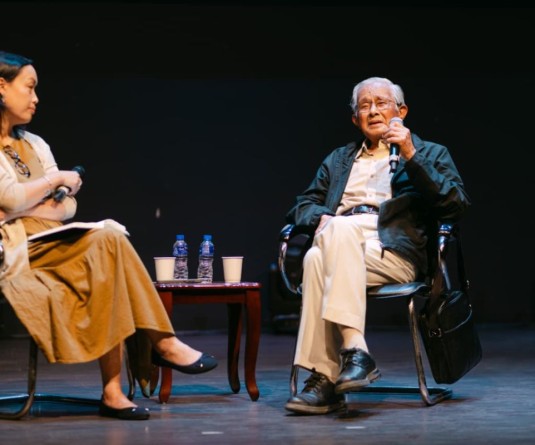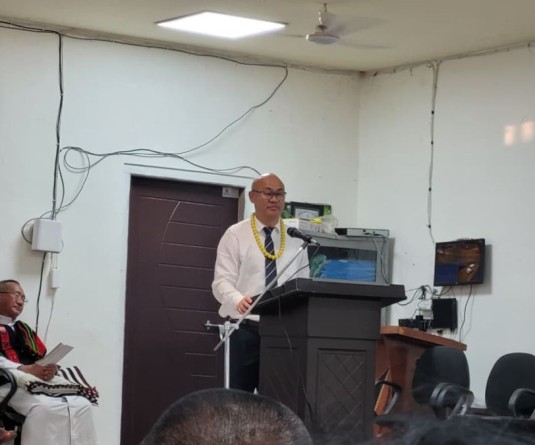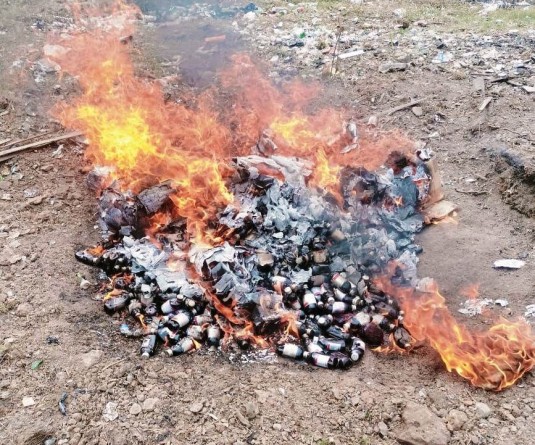
Our Correspondent
Kohima | October 12
A two-day meet on “Securing Women’s Rights - Challenges and strategies” began today at LCS Conclave Hall in Kohima, organized by Northeast Network in collaboration with C-Cerp & NEIP. Today’s speakers broached issues and discussed matter on how “customary law” has been a convenient instrument of pretext to deny women their rights.
Dr. Anungla Aier, lecturer in Kohima Science College, in her presentation on “customary laws & gender issue in the context of Nagas” said ‘gender’ and ‘sex’ are mostly misunderstood in the Naga society. She said that being a patriarchal and indigenous society, women are considered marginalized members by certain sections of the community. “Though respect, rights and freedom are given to women, we are aware that men and women are not treated equal”, Anungla said. Unlike men, access to resources by women is ‘not by the virtue of her being’. Customary laws are instrumental in denying the legal rights of women, where they are not given equal opportunity to participate in decision-making.
On the issue of violation of human rights for women, the lecturer opined that no clear-cut provision for women faced with crime exists. She urged that one should raise voice against such discrepancies. She also reported that 80% of working women are still unaware of their legal rights. Crime cases, as most cases like rape, die out without justice being delivered to the victim and family, Aier said. Aier further reminded that “customary law” is unclear and fussy; that violation of human rights should not be considered an ‘attempt’ (in customary laws) but should be straightway treated as illegal.
The state legislative should bring out effective laws for tackling such issue, she suggested. “It is important to create public space for women and unless we have a conscious effort for women to come out, it will be impossible” said Aier.
Abeiu Meru, president of Naga Mothers’ Association, said the biggest challenge facing Naga women today is discriminatory customary laws which exists in every tribe. Stating that the practice of customary laws has been an excuse for preservation, Meru said the claim has hampered the right of women to move ahead.
With the alarming rise in crimes against women in the state over the decades, Meru said women should be sensitized to stand up for their rights and not to be ashamed to demand justice. Cases tried in customary court are often biased; women hesitate to bring their grievances to the courts because of this biasness; strict laws need to be enforced by the state government to deal with such crime or anomalies, Meru said.
Stiff opposition in the reservation of seat for women in municipalities and town council institutions will be a long struggle for women, the NMA leader said. She also urged the society to recognize the potential of women and encourage women to move forward to allow the society to grow and flourished.
President of Naga Women Union of Manipur Grace Shatsang in her key note address also said customary law differs in different communities. The biggest challenge women face today is in the area of decision-making, she said.






